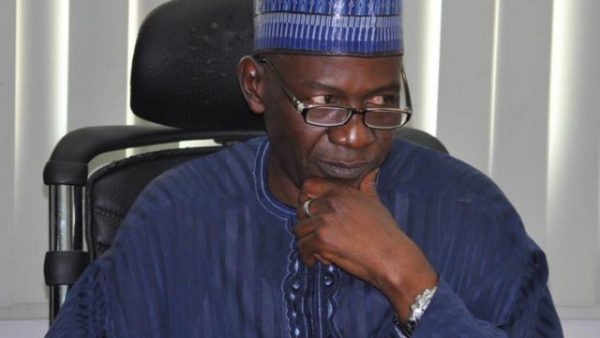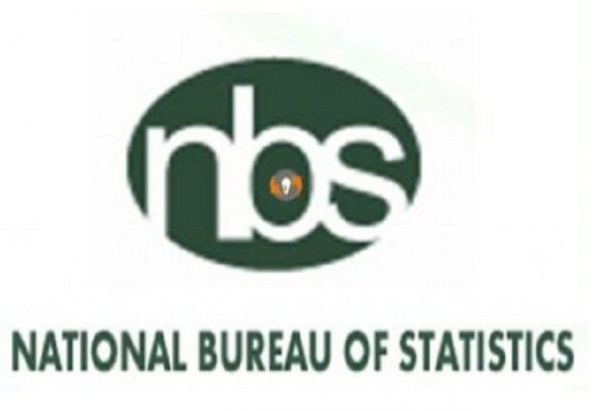ABCON seeks BDC inclusion in diaspora remittance payment
 The Association of Bureaux De Change Operators of Nigeria (ABCON) has appealed to the Central Bank of Nigeria (CBN) to make Bureaux De Change (BDCs) payout agents for diaspora remittances.
The Association of Bureaux De Change Operators of Nigeria (ABCON) has appealed to the Central Bank of Nigeria (CBN) to make Bureaux De Change (BDCs) payout agents for diaspora remittances.
ABCON President, Dr. Aminu Gwadabe, made the call in Lagos at the weekend, saying the apex bank should leverage over 5,000 licensed BDCs across the six geopolitical zones for seamless payment of remittance proceeds.
The CBN has embarked on sweeping policy changes in remittance management in recent weeks, directing the international money transfer operators (IMTOs) and commercial banks, among others, to close all naira payment ledgers while paying beneficiaries in the currencies transfer is made.
Gwadabe said designating BDCs as payment agents would help in providing a more convenient channel for Nigerians in the diaspora to remit funds back to the country.
He said the yearly remittance inflow is critical to Nigeria’s currency management and stability and should be managed seamlessly to serve as a major driver of the local economy. The transfers, he added, would support Nigeria’s balance of payment position, reduce dependence on external borrowing and mitigate the impact of COVID-19 on foreign exchange.
Justifying the demand, he said BDCs remain the largest foreign currency operators in Nigeria. Hence, he said, making them payout agents would break the cartel and liberalise the market for optimal performance.
Gwadabe listed the benefits of including the BDCs in the payment agency to include achieving the appropriate market price equilibrium, deepening the forex market, boosting dollar liquidity, enhancing foreign reserves accretion and promoting exchange rate stability.
He said the need to bring BDCs into the huge diaspora business has become necessary following the alleged abuse of the process by the IMTOs and their agents, who have been accused of shortchanging beneficiaries of transferred funds.
Gwadabe applauded the recent intervention of the CBN in the market, saying it will put an end to malpractice which he said has been responsible for the artificial scarcity of forex.
“Analysed data on IMTOs inflows into the country over the past year, and through investigations discovered that some IMTOs, rather than compete on improving transaction volumes and create more efficient ways for Nigerians in the diaspora to remit funds, resorted to engaging in arbitrage arrangements on the naira-dollar exchange rate, which, to a large extent, resulted in a significant drop in flows into the country.
“This encouraged the use of unsafe unofficial channels, which also supported diversion of remittance flows meant for Nigeria, thereby undermining Nigeria’s forex management framework,” the apex bank had noted after its recent meeting with commercial banks and IMTOs on the new directive.







